Dr. Ashori Book Club - The Books I Recommend to Patients
There are many health books written by physicians. Some are absolute goldmines, sharing important clinical pearls with patients. This is that list.
UPDATED: August 11th, 2025 (added ‘Eat, Drink, and Be Healthy’)
Welcome to the Healthy Aging Newsletter, a free publication translating trustworthy medical research into simple habits to age well, free of chronic disease. I’m Dr. Ashori, a family medicine doctor turned health coach.
As a family medicine doctor, I see a little bit of everything and without the insights of my specialist colleagues, I wouldn’t know how to advise my patients with their specific health concerns. From Atrial Fibrillation to Ulcerative Colitis, I get a lot of my information by staying on top of the latest relevant research and reading the books written by experts in Cardiology and Gastroenterology. This is the Dr. Ashori Goodreads Book Club list - books written by expert doctors for a layperson audience.
I have selected books by mostly practicing physicians, not just great authors who have a team of editors and writers to publish on subjects they know little about. Who better to learn from about addiction than an addiction doctor who has dealt with addiction personally?
Cardiology
For anyone who is dealing with or at risk for Afib, The Afib Cure by John D. Day, MD is a fantastic, easy to read book that goes over treatment options, what’s proven to work, and what’s experimental. More importantly, he goes in depth about how to prevent atrial fibrillation.
The authors of this book argue that fad diets, superfoods, and technology may not be the most effective tools for achieving good heart health. Heart 411 by Marc Gillinov, MD and Steven Nissen, MD discuss real risk factors, what can be done to prevent heart disease, and they separate the fact from fiction in available treatments.
“If we could eliminate cardiovascular disease, life expectancy would increase by 7 years. In comparison, cancer would add only 3 years.”
Oncology
While Malignant by Vinayak K. Prasad MD, MPH is more about healthcare policy and cancer, it does an important job explaining how treatments for oncology develop and how a patient can make more informed decisions with their doctor.
“Ultimately, the purpose of cancer medicine is to use as few drugs as possible for as little time … to minimize side effects while simultaneously maximizing survival and quality of life.”
Gynecology
The New Menopause by Mary Claire Haver, MD has a lot of competitors but I found this book resonated the most with my patients and is the simplest and most actionable. From hormone therapy in menopause, premenopause, bioidentical hormones, the WHI study, it
“There are so many problems with this that I’m not even sure where to start. … if a woman in perimenopause or menopause is not getting top‑notch care, it’s a matter of life and death. Really.”
It’s important that my patients understand their anatomy and physiology before we ever more to treating any medical condition they have like painful sex, HPV, vaginal dryness, etc. The Vagina Bible by Jen Gunter, MD is a great book for anyone to understand the female anatomy better and she covers microbiome, hygiene, cosmetics, hormones, and medical conditions of the vulvovaginal organ.
Addiction Medicine
The Urge: Our History of Addiction by Carl Erik Fisher weaves personal memoir with the history and definition of addiction. He paints a very different picture about addiction, AA, and abstinence that what Western medicine currently espouses.
“Drug scares are a form of moral panic, which are almost always stoked … to buttress the social order.”
Psychiatry
A book as much about Addiction Medicine as about mental health, Dopamine Nation by Anna Lembke MD is less about digital detoxes and argues that in a world of abundance, pain becomes the price we pay for abundance, and intentionally leaning into healthy forms of discomfort may be redemptive.
The Power of Vulnerability by Brene Brown is written by someone who has done a lot of years of research on the topics of emotional resilience, authenticity, and living more connected, meaningful lives. It’s more of a mental health book but could fall under Emotional Health as well. This book taught me to cultivate belonging while avoiding shame, isolation, and disconnection.
“Authenticity is the daily practice of letting go of who we think we're supposed to be and embracing who we actually are.”
Emotional Well-Being
Some have great coping mechanism for stress and others are still developing theirs. The Mind/Body Effect by Herbert Benson, MD focuses on the Relaxation Response: a physiological state of deep rest that counterbalances the chronic stress that’s at the heart of so many illnesses.
“Because the fight‑or‑flight response and the Relaxation Response are in opposition … regular use … will offset the harmful effects …”
Self-guided healing may sound quite far-fetched but if you believe that your body can heal then it’s a worthwhile process to undertake. I prefer the audiobook version of this for the guided imagery with Martin Rossman. Self-Healing With Guided Imagery by Andrew Weil, MD and Martin Rossman is the book I recommend for imagery practice to bring focus an attention to any part of the body for pain management and/or healing. Think of it as meditation or hypnosis.
Spontaneous Happiness by Andrew Weil, MD is the topic many of my patients struggle with. Not feeling depressed or achieving more happiness outside of ourselves is not the same as being deeply content within ourselves - contentment is a skill, built through lifestyle, belief, and connection.
“I think instead [of happiness] we should be working for contentment... an inner sense of fulfillment that's relatively independent of external circumstances.”
Longevity
Though longevity isn’t a specialty in medicine, it’s evolved to be a field of its own. There are more books on this topic than any other medical specialty but few pack such an evidence-based lineup of actionable steps as The Path to Longevity by Luigi Fontana. Not to mention, he is a leading researcher in aging and metabolism, unlike the other authors and longevity experts.
“This is one of the reasons why the current medical approach… treating diseases only after they are clinically evident… ‘we will treat you…’ This is insane!”
Healthy Aging
Healthy Aging is my specialty and I consider it quite different from Longevity. It focuses on the life we’re already living and guides the choices we are already facing. Which vegetables? What kind of exercise? More sleep? Healthy Aging by Andrew Weil, MD encourages acceptance of natural aging while using lifestyle tools to delay disease, which isn’t part of natural aging. It’s a different approach than any other Longevity focused ideas I’ve come across.
“What part of ourselves needs to evaporate in order to concentrate our essence? What do we have to let go?”
Romantic & Sexual Health
Romantic relationships and sexuality are important topics for young people and the elderly. I don’t know a better book than Mating in Captivity by Esther Perel who captures the fundamental paradox in long‑term relationships: as intimacy grows, erotic desire often fades. She argues that desire thrives on distance, autonomy, and mystery.
"Love rests on two pillars: surrender and autonomy. Our need for togetherness exists alongside our need for separateness."
Nutrition
Eat, Drink and Be Healthy by Walter Willet, MD is the highest ranking book on Red Pen Reviews. It’s simple, to the point, and covers the most important aspects of lifestyle to help prevent the most common chronic diseases in the modern world.
“Eating well—teamed with keeping your weight in the healthy range, exercising regularly, and not smoking—can prevent 80 percent of heart attacks, 90 percent of type 2 diabetes, and 70 percent of colorectal cancer.”
In Defense of Food by Michael Pollan is among many books that approach the topic of food from a more interesting and nuanced perspective. Plenty of books vilify vegetables or meat or eggs or dairy. He argues, and I agree, food is more than just nutrients, it reflects culture, community, and values. He warns against ‘nutritionism’ that is obsessed with only calories.
“Eat food. Not too much. Mostly plants.”
“Don’t eat anything your great‑grandmother wouldn’t recognize as food”
Orthopedics
For years we assumed that anyone with a herniated disc would need back surgery to fix the disc. Take Back Control by Kamshad Raiszadeh, MD argues that most back pain doesn’t need surgery. After two decades of experience, this spine surgeon offers a science-based, strength-first method for recovery.
Neurology
The Alzheimer’s SOLUTION book by Dean & Ayesha Sherzai, MD is the best one I’ve read on identifying early risk and setting out to prevent it - and even reverse it. The authors talk about the 7 stages of this dementia before actual irreversibility.
The truth is that Alzheimer’s develops decades before a diagnosis.
Migraines is just one type of many types of headaches, and just like many other conditions, prevention is key. Heal Your Headache by David Buchholz, MD is one of the best books I’ve found on helping my patients manage their chronic headaches. After years of patient care, he distilled the path forward into a simple 3-step program that aims to reduce pain without overusing medications or feeling stuck in cycles of rebound.
Dermatology
You may not know this, but many people have decided to stop using soaps on their face. I know this because as a physician I get to have these vulnerable discussions with patients. They stopped because all the other lotions and potions just let them down. The Beauty of Dirty Skin by Whitney Bowe, MD is one of the few dermatology books that considers the importance of the bacteria living on our skin. Her idea is that gut health, stress, sleep, diet, and mental wellness fundamentally shape skin more than creams and cosmetics.



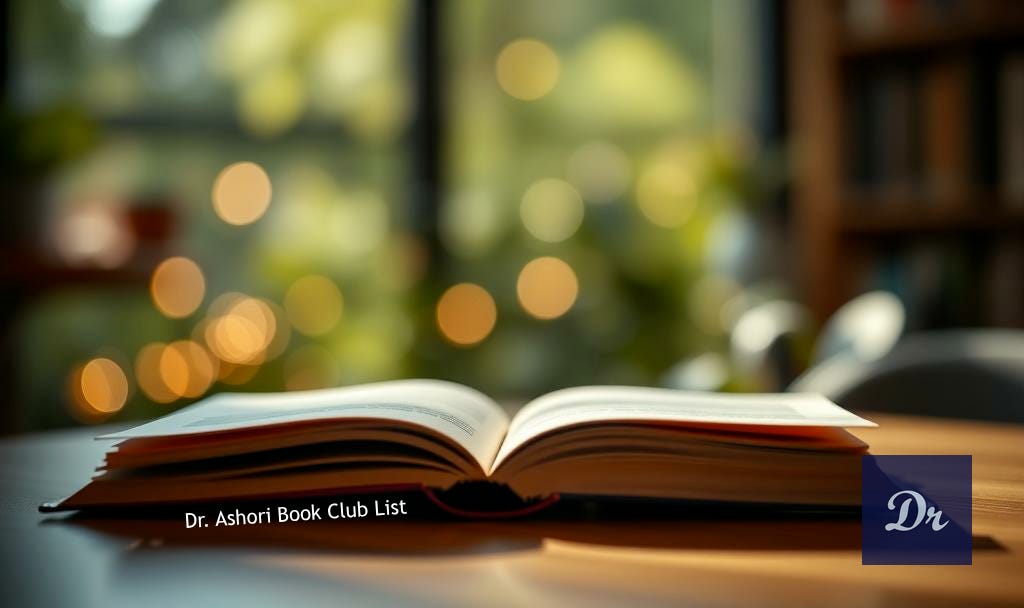
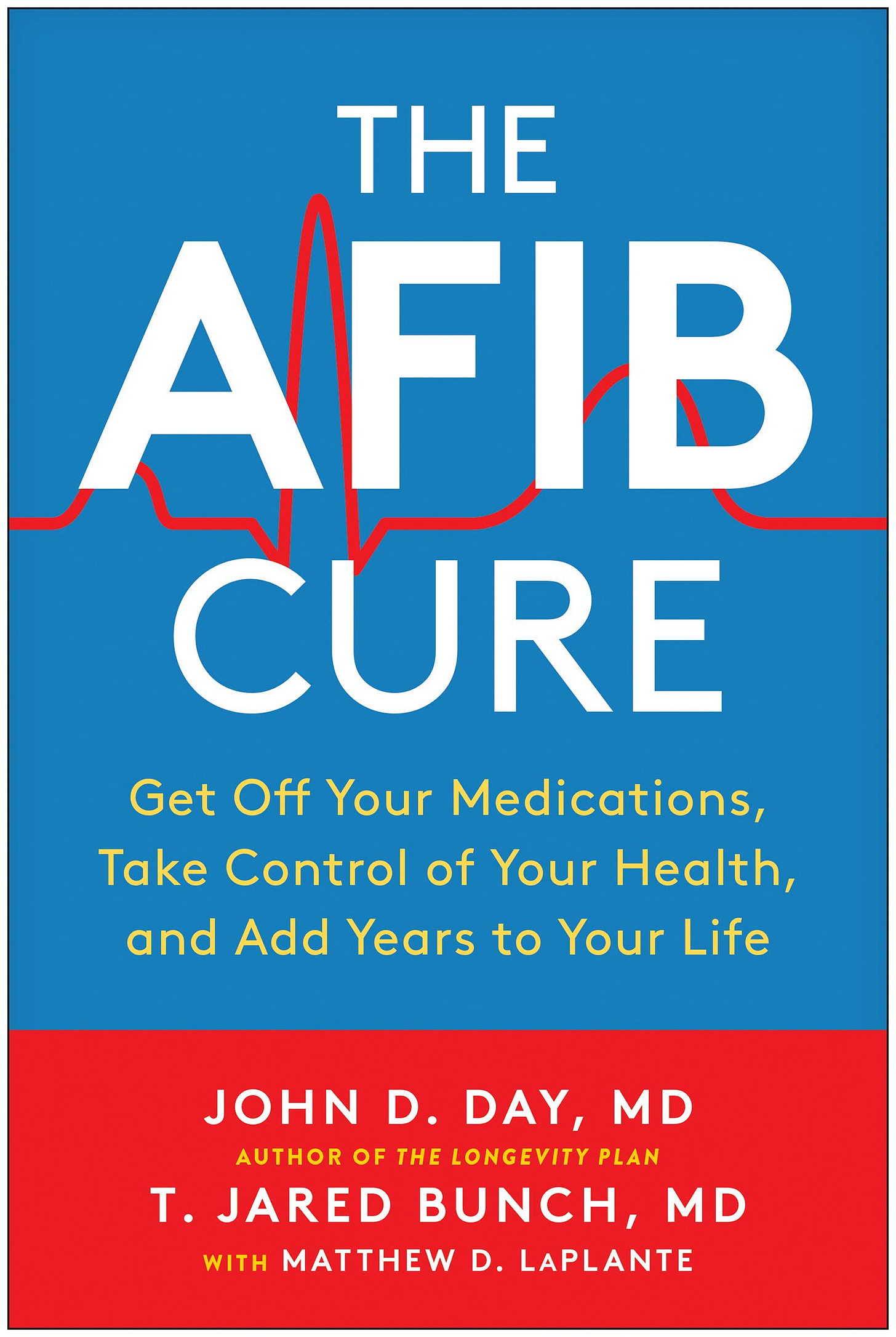
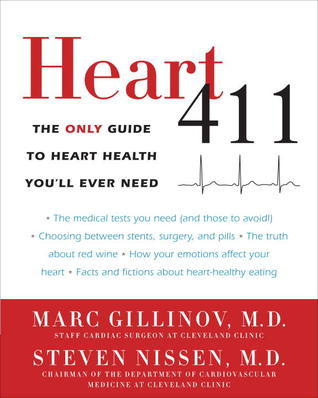
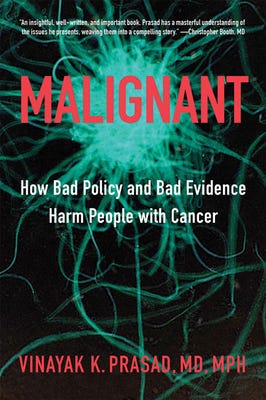
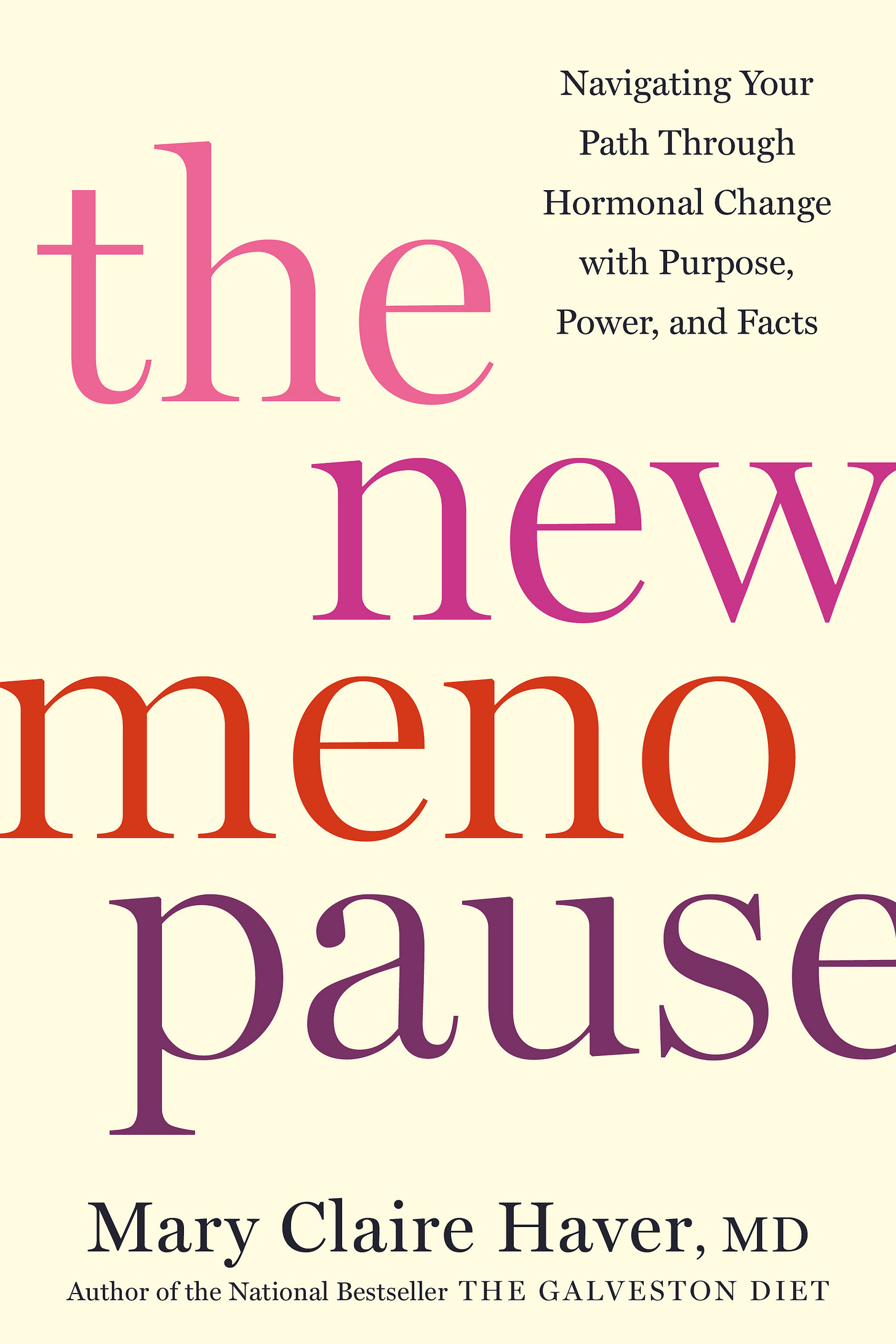
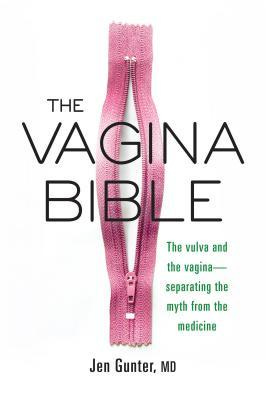
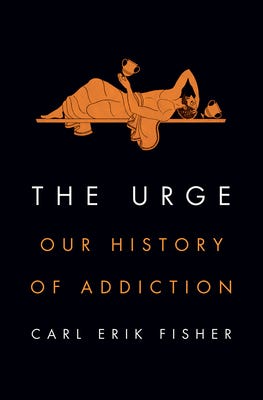
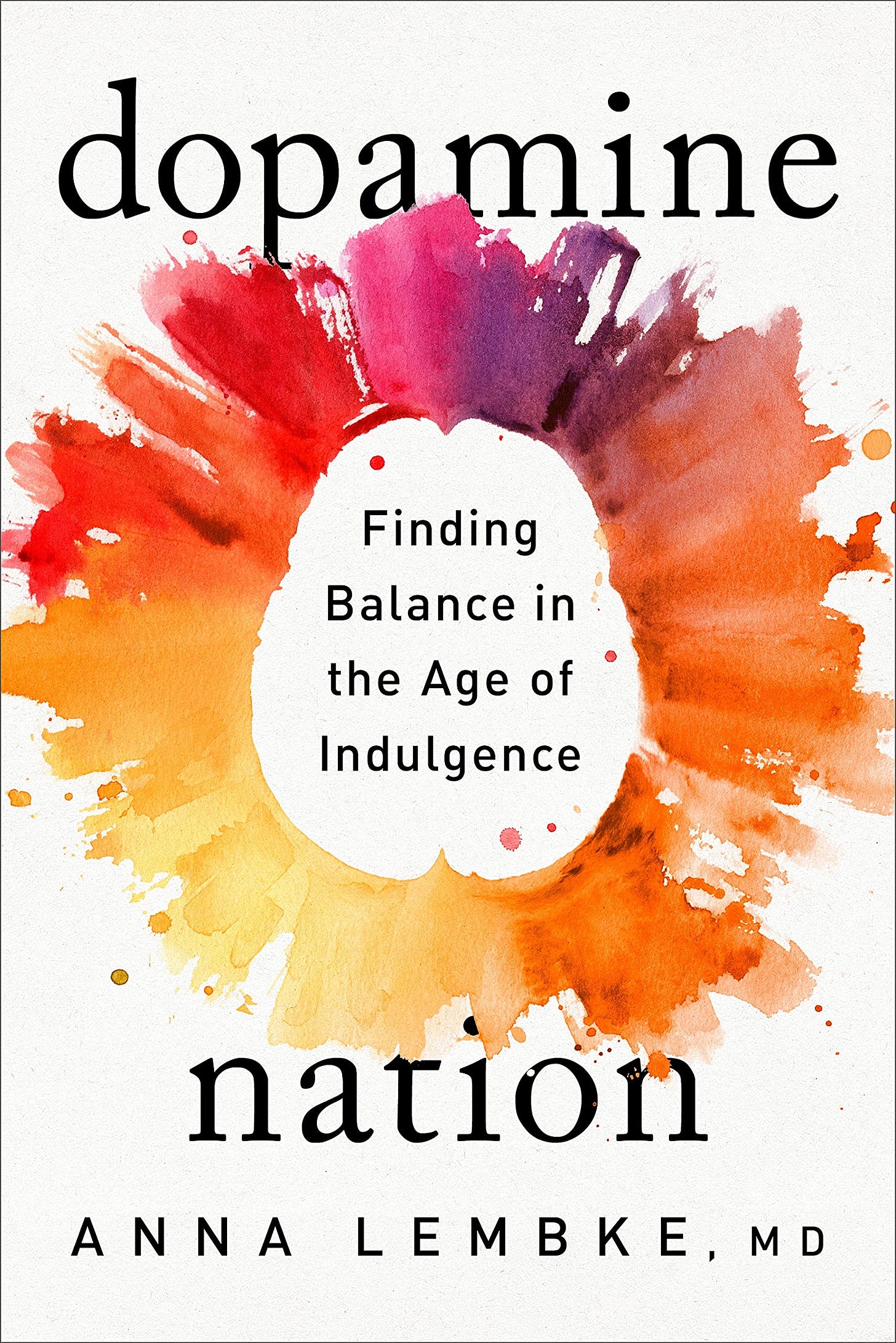

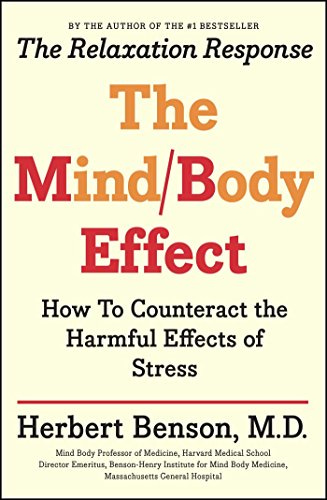
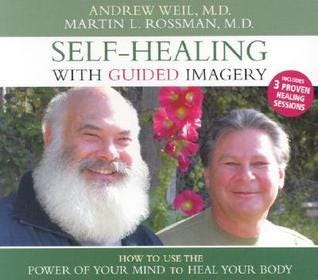
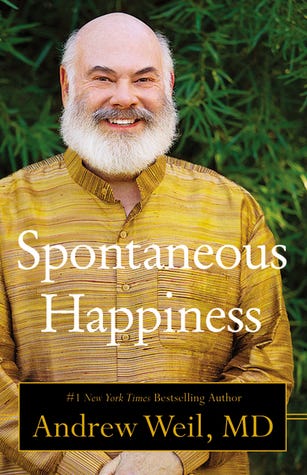
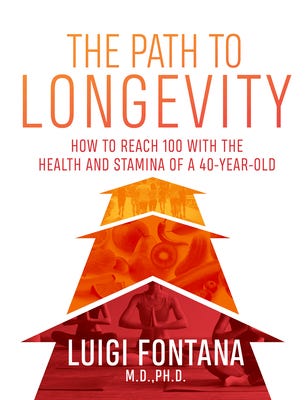
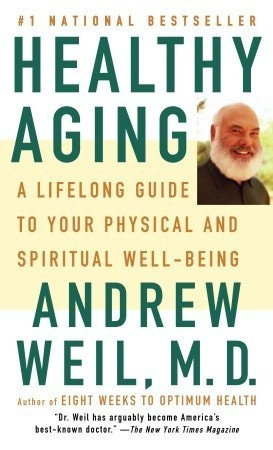

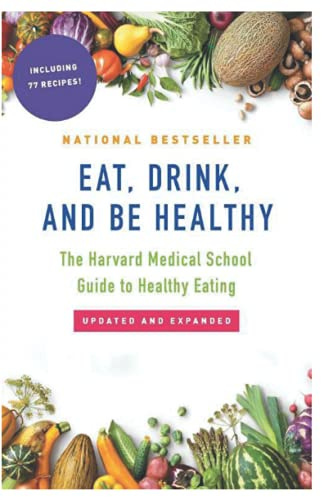
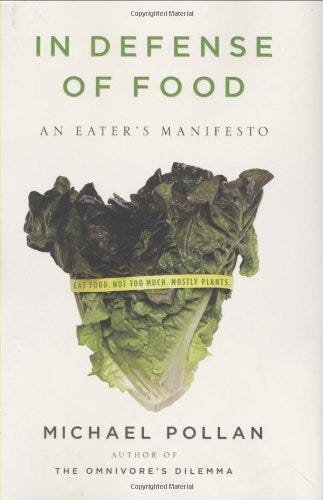
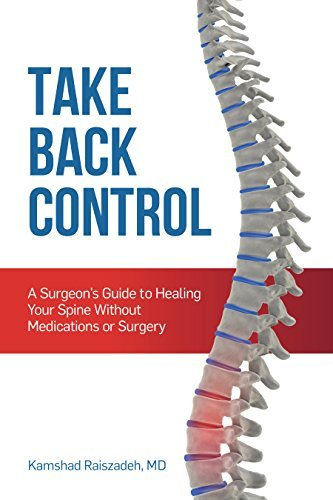
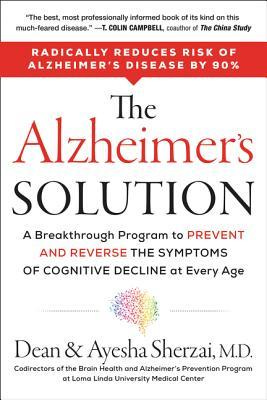
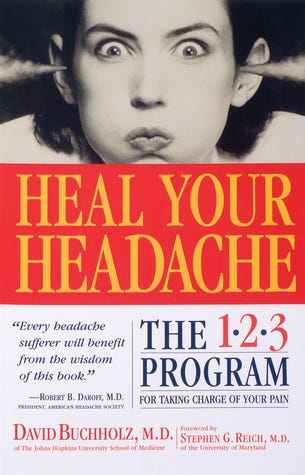
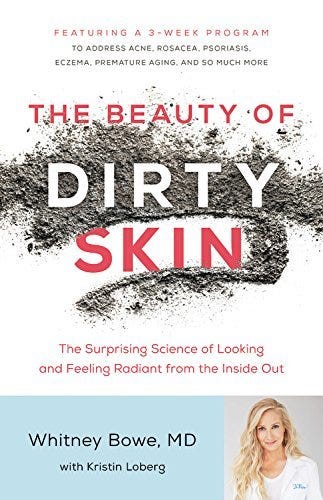
LOVE this list. Will be reading and recommending!!!